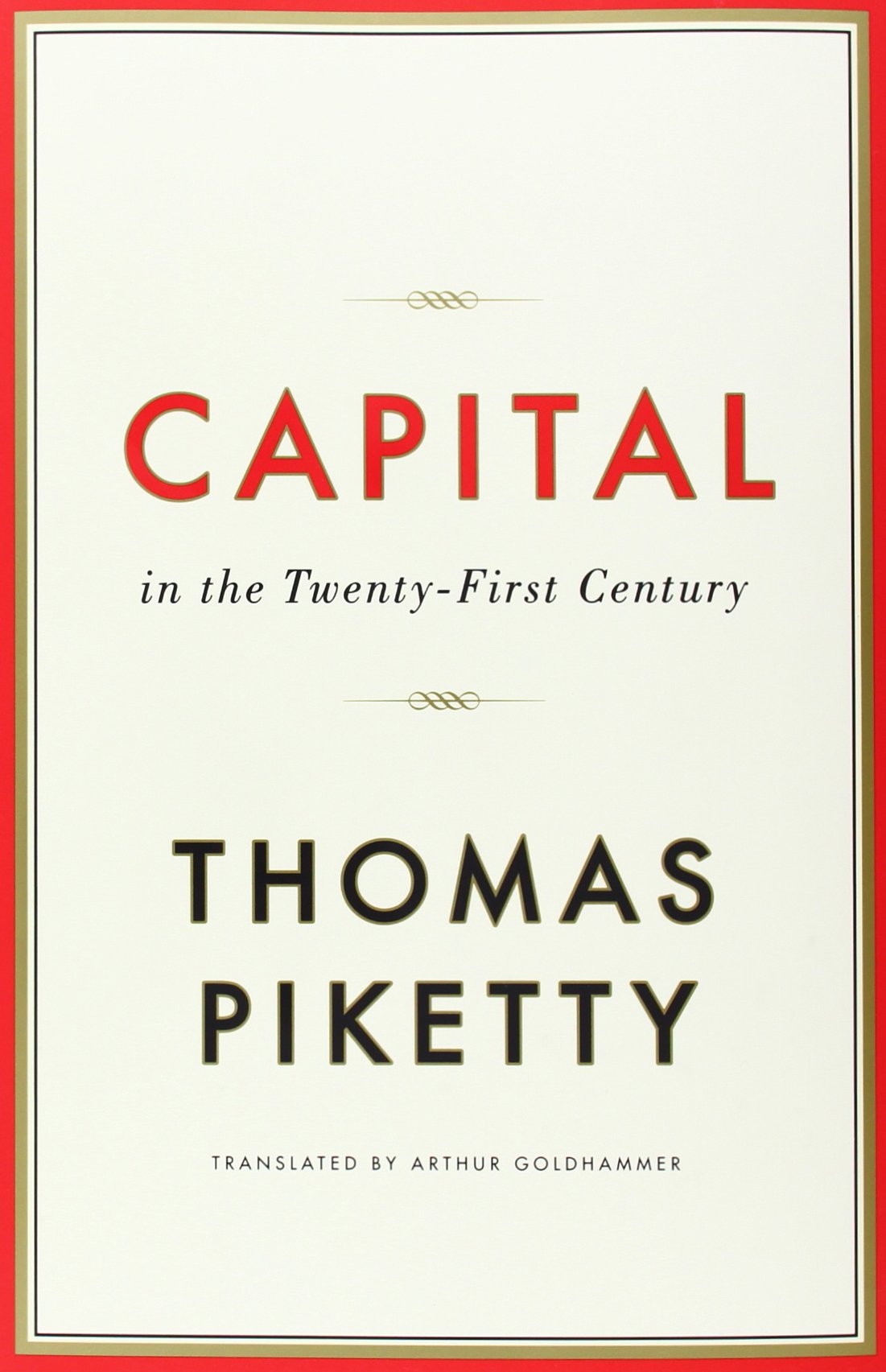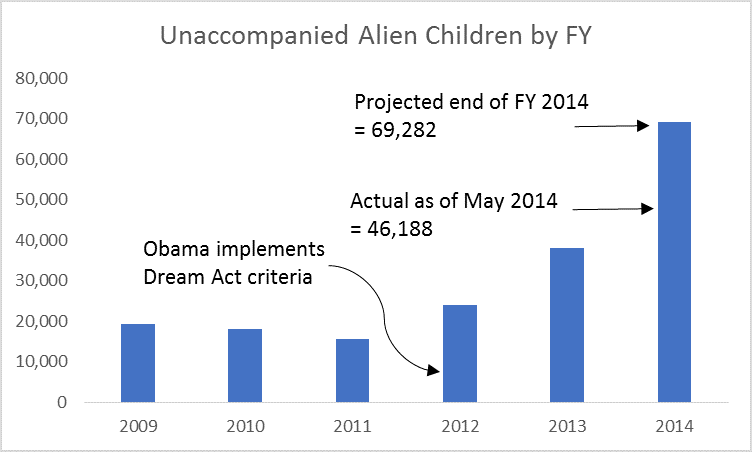These chapters describe changes in the capital/income ratio over time in several countries. A high capital/income ratio means that capitalists gain a large portion of national wealth, signifying inequality (given that the wealthy own most of the capital). It’s a bit hard to comment on these chapters since they are part of the larger argument in Part 2, but here are some thoughts.
1. Piketty’s main point is that the capital/income ratio in the UK, France, the US, etc., has changed little over the centuries aside from a major dip around World War I and World War II (a minor dip in the US). The message is that capital-driven inequality is alive and well, and not much different from the bad old days of Austen and Balzac.
2. The dip, however, has created the illusion that inequality is getting better–this is what fooled Kuznets. The wars displaced us from long-run trends but only temporarily.
3. It is true that change has occurred–but the change has been in the composition of capital, not its contribution to national income. Agriculture is less important than it was; manufacturing more important. Like the dip, changes in the composition of capital has distracted observers, causing them to overlook the long-term trends in inequality and the role of capital in those trends. These superficial changes in the form that capital takes prevents us from seeing that our society is fundamentally the same as Austen/Balzac’s.
4. It is noteworthy that in recent years, the contribution of housing to the composition of capital has increased dramatically. This has given rise to some debate about whether this is consistent with Piketty’s thesis. I haven’t tried to understand this debate. You can read about it here.
5. Piketty is often most interesting in his sly asides. In a few places, he distinguishes “rent-seeking” or “quiet” capital from “productive” or “risk-taking” capital. I look forward to seeing whether and how he develops this idea. But the implication is that beyond the capital/income ratio, there is a question of when capital is socially good and when it is socially bad.
Here is my last post on Piketty.
 I’m meeting with some colleagues over the summer to discuss Thomas Piketty’s new book,
I’m meeting with some colleagues over the summer to discuss Thomas Piketty’s new book, 


 Earlier this month, China sent an oil rig to waters off the Paracel Islands in the South China Sea (upper left box on the map). Vietnam sent ships to intercept the oil rig, but they were repelled by Chinese naval vessels. In Vietnam, outraged citizens rioted, destroyed Chinese property, and killed some Chinese nationals. China has threatened unspecified sanctions against Vietnam, apparently moving troops to the border, while Vietnam has moved to bring the riots under control.
Earlier this month, China sent an oil rig to waters off the Paracel Islands in the South China Sea (upper left box on the map). Vietnam sent ships to intercept the oil rig, but they were repelled by Chinese naval vessels. In Vietnam, outraged citizens rioted, destroyed Chinese property, and killed some Chinese nationals. China has threatened unspecified sanctions against Vietnam, apparently moving troops to the border, while Vietnam has moved to bring the riots under control.